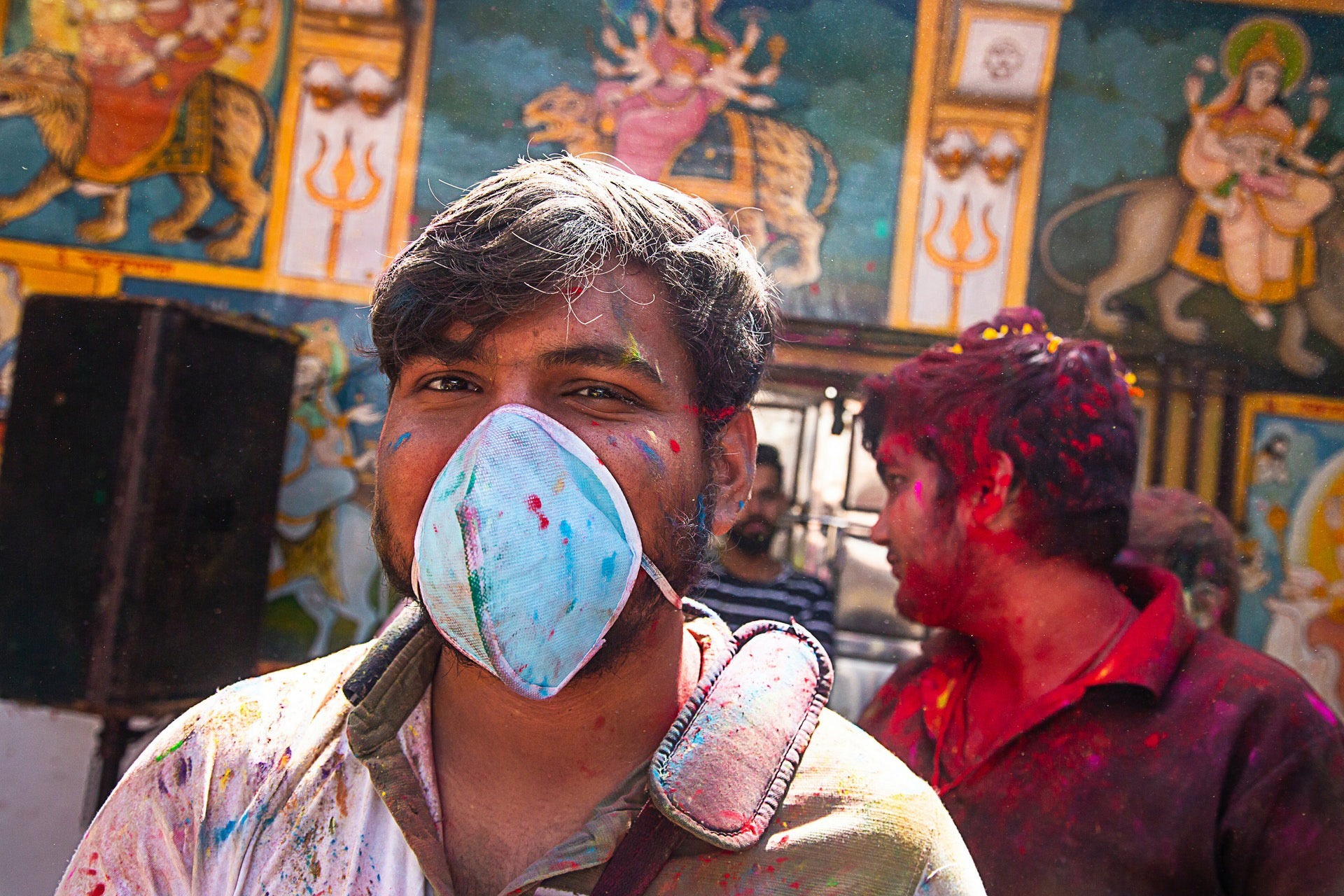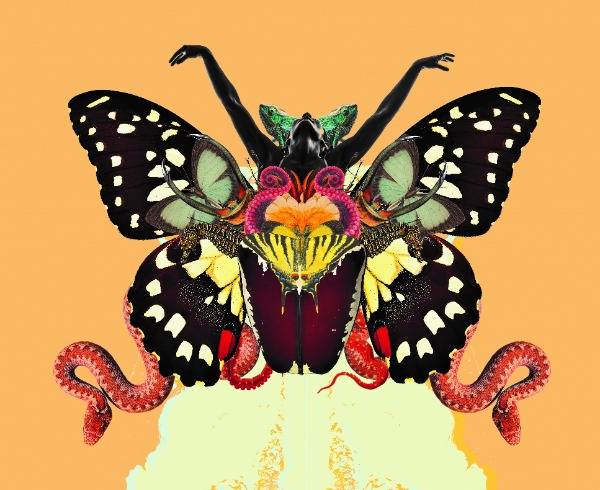
A cancer hospital in Uttar Pradesh, India’s most populous state, recently apologised for an advertisement saying it would not admit Muslim patients unless they tested negative for the novel coronavirus. The ad, published by the Valentis Cancer Hospital on April 17, is only the latest incident following a spate of fake news blaming Muslims for spreading the virus across India.
In the midst of the pandemic, for which testing and care is already inadequate in India, this has real and violent repercussions for a community that already faces widespread discrimination, which has intensified since the election in 2014 of the Hindu nationalist Bharatiya Janata Party under Prime Minister Narendra Modi and his re-election in 2019.
The Modi government, and a large section of the national mainstream media, is blaming one specific gathering for the spike in COVID-19 cases in India. This gathering was organised by the Tablighi Jamaat, an a-political Muslim group, at their headquarters in New Delhi’s neighbourhood of Nizamuddin. The purpose of the gathering was to hold an ijtema, or a religious congregation. Over 2,000 people gathered from 8 to 15 March, and many delegates, including foreign nationals, were stuck in Delhi once lockdown officially began.
While such a large-scale, international gathering no doubt had some impact on the spread of the novel coronavirus, it’s important to view it in the context of India’s overall response. The Delhi government waited until 13 March to ban gatherings of more than 200 people, after the event had begun. Even then, the ban did not extend to religious gatherings and the official stance was still that the novel coronavirus was not a health emergency.
The government’s negligence and anti-poor policies have led to the widespread breaking of social distancing measures. As cases started to climb, Modi called for a one-day people’s curfew on March 22nd. He encouraged people to cheer on health workers using pots and pans. As the country erupted into a cacophony of clanging utensils and conch shells at 5pm, large groups of citizens broke curfew, dancing and marching on the streets as though they were part of a mass celebration. None of these people have yet been held accountable.
Two days later, during an 8pm address, a 21-day lockdown was announced, beginning at midnight of the same evening. Obviously, the short notice led to large-scale panic. The lockdown also gave rise to the exodus of migrant workers from cities to their homes in villages, forcing thousands to expose themselves to the virus.
Meanwhile, the Chief Minister of Uttar Pradesh, Adityanath, violated the first day of the national lockdown by attending a ceremony related to the Hindu religious festival of Ram Navami. Many other gatherings, including those attended by BJP leaders Dushyant Singh and Vasundhara Raje, have been documented and reported.
None of these policies and incidents has received the kind of furious attention and condemnation reserved for the Jamaat.
Muhammad Saad Khandalvi, the leader of the Jamaat, has been charged with manslaughter. A spate of Islamophobic hashtags (like #CoronaJihad) have overtaken social media and fake news has been circulated claiming that Muslims have been spitting on and sneezing in food, or licking utensils, to deliberately spread the virus. Fact-checking organisations such as AltNews and Media Scanner have debunked these reports, but this hasn’t stopped BJP politicians gleefully participating in propagating this hate speech.
The propaganda has achieved what was intended. Aside from reports of discrimination and boycotts against Muslims, testing too has been used to frame them. Scroll.in, an Indian news website, has reported how sampling bias has contributed to the narrative that the Tablighi Jamaat was the principal carrier of the disease in India. Meanwhile, two infants have died because hospitals have refused to treat Muslim women, violating every single health-related guideline set out by international treaty bodies.
This comes at a time when Muslims across the country are already under intense pressure. In February, as US President Donald Trump visited the country, a week-long Hindu nationalist rampage through the streets of Delhi left more than 40 dead and hundreds injured, encouraged by the anti-Muslim rhetoric of the government. Many families lost their homes and had to move to relief camps. Only a few weeks after, the pandemic took over India – leaving those in relief camps even more vulnerable.
On April 19, Modi finally broke his silence on the religious bias pervading the conversation on the coronavirus. “COVID-19 does not see race, religion, colour, caste, creed, language or borders before striking. Our response and conduct thereafter should attach primacy to unity and brotherhood. We are in this together,” he tweeted.
Given everything his government has done to stoke Islamophobia in the country, it is impossible to see Modi’s statement as anything more than empty words. At most, it is a gesture to repair India’s relationship with the Arab world, as important economic ties are at stake. An independent group in the UK has warned that hate speech and fake news linking Muslims to the spread of the coronavirus could lead to a spike in islamophobic violence in Britain once the lockdown lifts. In India, millions of Muslims are already vulnerable to hate crimes and discrimination when it comes to accessing medical treatment. By the time the lockdown ends, tensions will have been further stoked, raising fears of genocide.

